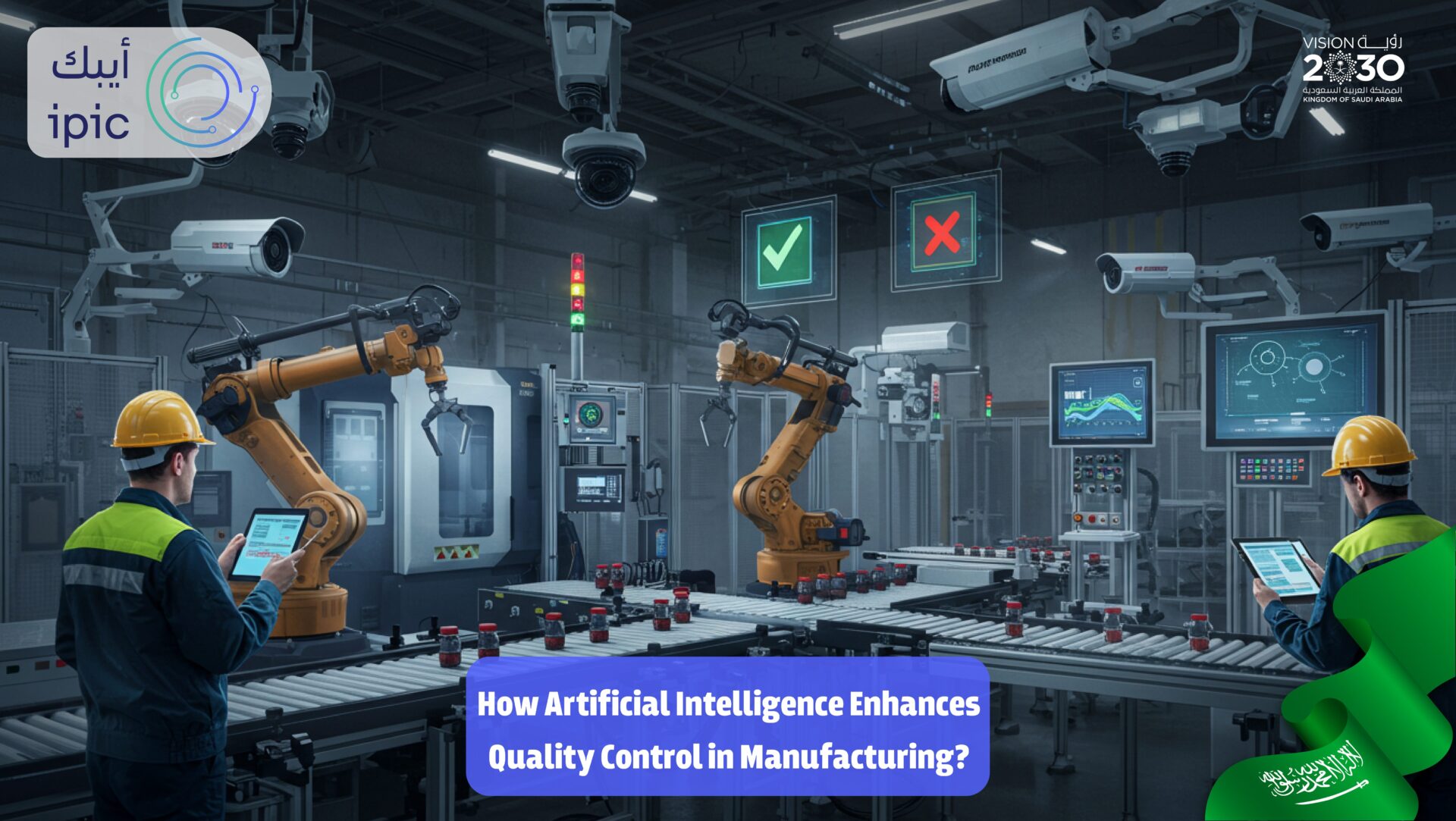Artificial Intelligence Enhances Quality Control in Manufacturing
1. Early Detection of Defects
One of the most significant advantages of AI in quality control is its ability to detect defects early in the production process. By leveraging machine learning and advanced algorithms, AI can analyze data from sensors and smart cameras on the production line to identify potential flaws before they become major issues.
Technology used: Image analysis with smart cameras for detecting defects, dimensional inconsistencies, or manufacturing issues.
Benefit: Early identification of defects reduces faulty products and prevents errors from spreading to subsequent stages of production.
2. Enhanced Inspection Accuracy with Computer Vision
AI-powered computer vision systems allow for more precise inspection of products during manufacturing. These systems can analyze images or video footage to assess the physical and operational characteristics of products, such as dimensions, surface quality, and consistency.
Technology used: High-resolution cameras, AI-powered image recognition software.
Benefit: Eliminate human error from manual inspection processes, achieving high accuracy in defect detection.
3. Improved Operational Decision-Making
AI can analyze vast amounts of data from different stages of production to identify patterns that impact product quality. This allows manufacturers to make data-driven decisions about the most effective times for maintenance or operational adjustments.
Technology used: Big data analysis, machine learning algorithms for predictive insights.
Benefit: Helps in making proactive adjustments to the production process, reducing the risk of defects before they occur.
4. Continuous Improvement with Data Analytics
AI also allows factories to track and analyze historical data related to quality control, identifying recurring issues or trends in product defects. This data-driven approach supports continuous improvement in production processes.
Technology used: Deep learning algorithms to analyze historical data.
Benefit: Improves operational efficiency and helps refine processes for better long-term quality control.
5. Real-Time Automatic Monitoring and Reporting
By integrating AI with Internet of Things (IoT) devices, manufacturers can monitor production lines in real time and detect any quality-related issues as they occur. This enables immediate corrective actions, preventing defects from progressing.
Technology used: IoT sensors, real-time analytics platforms, instant alert systems.
Benefit: Ensures continuous quality monitoring and allows for prompt action to fix issues, reducing downtime and production disruptions.
6. Cost Reduction in Quality Control
AI can significantly reduce the need for costly testing, manual inspections, and redundant quality checks, thereby saving both time and money.
Technology used: AI-powered quality assessment tools that automate processes.
Benefit: Reduces operational costs by minimizing unnecessary manual work and improving efficiency in the quality control process.
7. Integration with Other Systems for Better Workflow
AI can integrate with ERP and MES systems to enhance the overall workflow, creating smoother coordination between production and quality control departments. This integration ensures that all relevant data is shared in real time for better decision-making.
Technology used: AI integration with ERP, MES, and other operational systems.
Benefit: Streamlines data flow between departments, ensuring quality control is efficiently managed alongside other production operations.
Conclusion
Artificial Intelligence is no longer just a futuristic technology in manufacturing; it is a core tool for improving quality control, reducing costs, and boosting overall efficiency. From early defect detection and enhanced inspection accuracy to real-time monitoring and cost reduction, AI plays a crucial role in ensuring product quality.
If you are looking to enhance quality control in your factory, AI could be the transformative solution you need. At IPIC, we can help you implement AI technologies to optimize your quality control processes and achieve significant improvements in product standards and operational efficiency.



